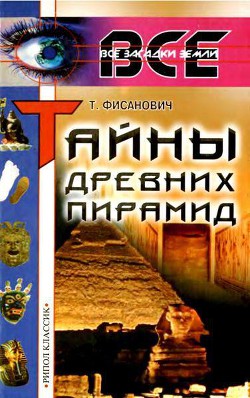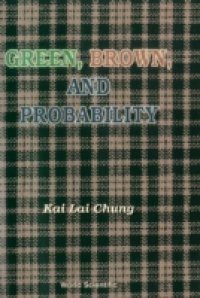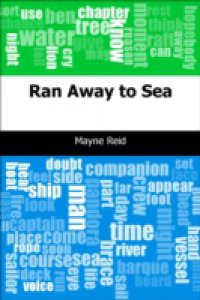Литмир - Электронная Библиотека > RAYMOND RIEZMAN (EN) > INTERNATIONAL TRADE AGREEMENTS AND POLITICAL ECONOMY

| INTERNATIONAL TRADE AGREEMENTS AND POLITICAL ECONOMY
Чтобы оставить свою оценку и отзывы вам нужно зайти на сайт или зарегистрироваться | |||||||||||||||||||||||||||||||||||||||||||||||||||||||||||||||||
















